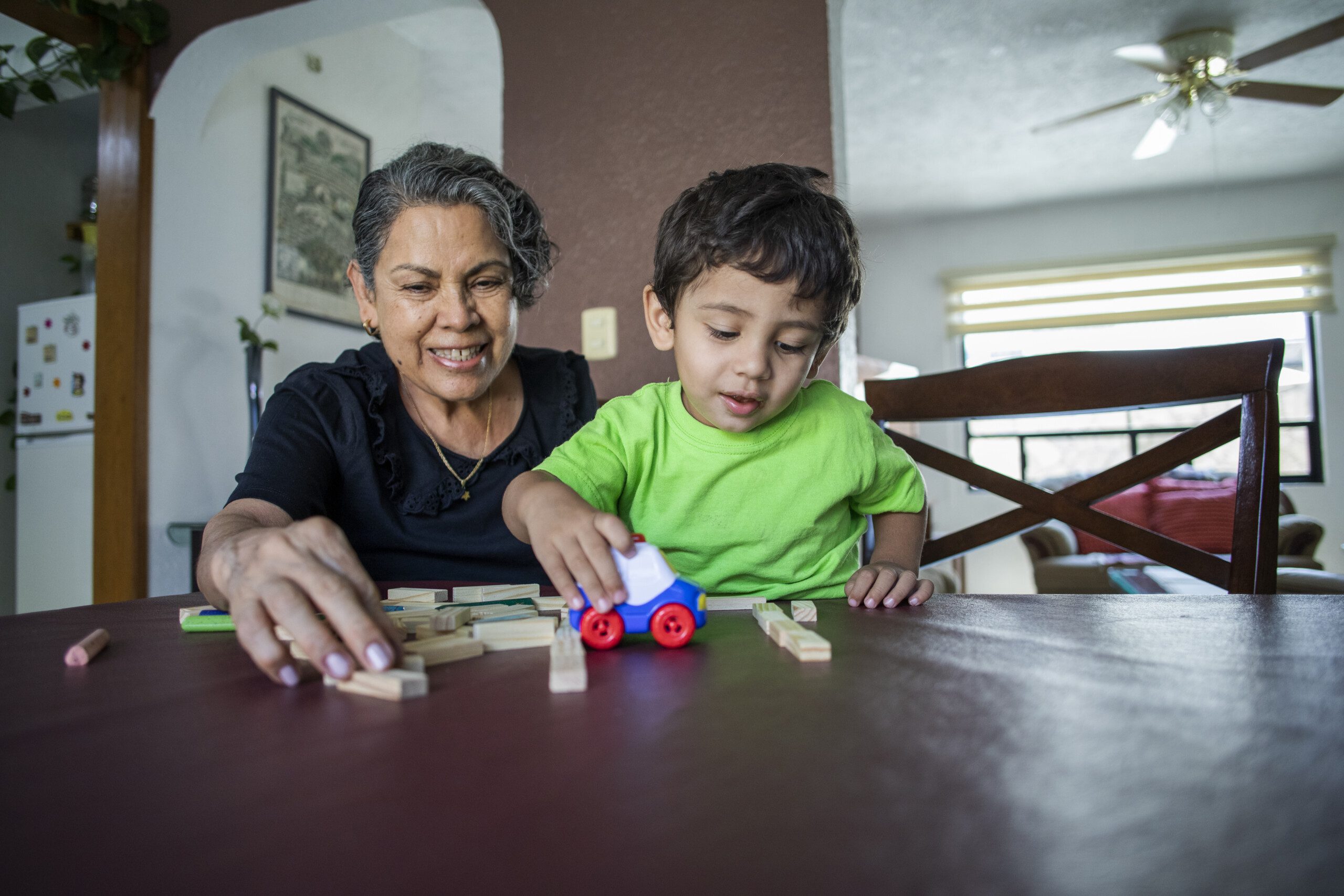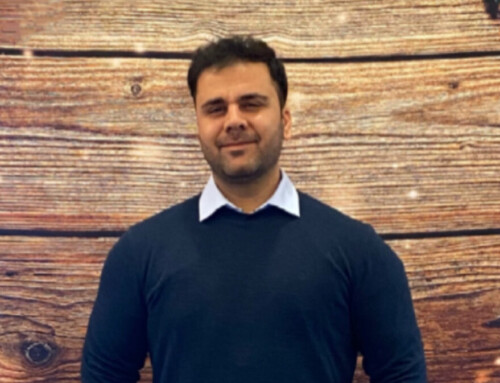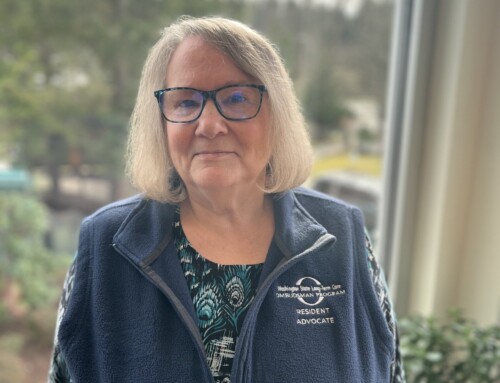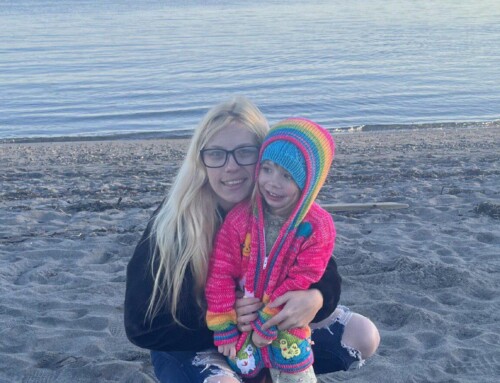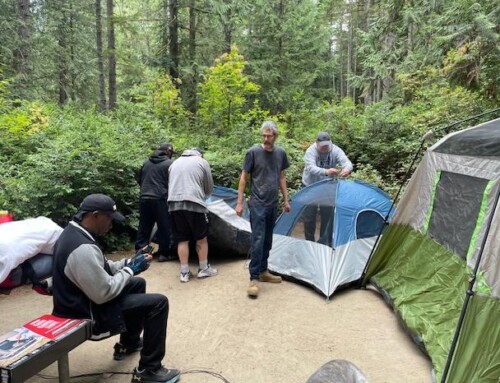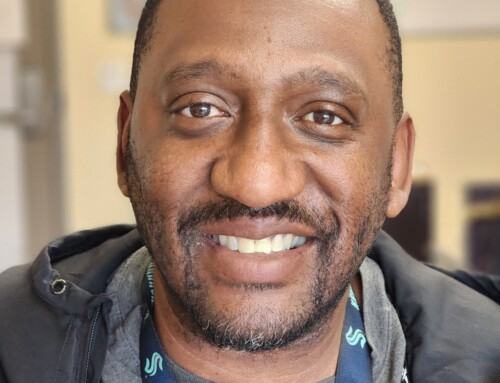“I was afraid, but I didn’t want Andreas to feel fear,” shares Loma.
Loma lost her job at a private school when the COVID pandemic began. Soon after she found herself unable to pay her rent. “I am not one to not pay my bills. I knew I wouldn’t be able to pay my rent so I notified my landlord that I would be moving out.” At that time, Loma was not aware of protections put in place to keep people housed during the pandemic.
Loma and her great-grandson Andreas, who was two at the time, spent the next year living in their car. “I would park the car in hidden spots because I knew I was at risk of my car getting repossessed. After about a year of living in my car, it happened. My car was repossessed, and Andreas and I were out on the curb.”
They spent the next year moving around to different spots, trying to find safe places to sleep at night and sometimes riding busses just to stay warm. “I was afraid, but I didn’t want Andreas to feel fear. I didn’t want him to be traumatized. I felt so bad this was happening to him. I tried to make it sound as fun as possible, talking about how we were having a great time camping.”
Loma, who is 80 years old, has had custody of Andreas, who is now five years old, since the day he was born. She was at the hospital during his birth and knew that her granddaughter who struggled with addiction would be unable to care for him. Andreas calls Loma mom.
“Even through all this, he has been the most sweet and considerate boy,” shares Loma. “One time he had a bag of potato chips and even though he was very hungry, he gave them to another boy who was also hungry. He also will hand bottles of water to people he thinks are thirsty.”
It was difficult for Loma to navigate and find potential resources. “We weren’t victims of domestic violence, I’m not addicted, and I’m not pregnant. I was finding I didn’t qualify for anything,” she shares. Eventually, she got connected to some organizations that were able to provide support through hotel/motel vouchers and they spent the next year bouncing between motels and “camping.”
These organizations also helped connect her to MSC, where she was able to complete her assessment for Coordinated Entry for All (CEA). CEA is the main point of entry for the vast majority of unhoused individuals and families seeking to find permanent, stable housing. It does not provide immediate housing, however, and wait times can be months or years.
During this wait time, MSC staff diligently watched and waited for potential placements for Loma and Andreas while providing support and check-ins to help Loma navigate potential resources for their other needs. Finally, a spot opened up and MSC staff advocated for Loma and Andreas to be selected.
Last November, Loma and Andreas moved into their new home. MSC was able to help connect them to resources for furniture and well as help with some of their move-in costs. Now retired and living on a fixed income, Loma’s focus is to maintain their stability and stay healthy so she and Andreas can do things together they enjoy like roller skating!
“We are stable,” says Loma. “I have a place to cook and make meals that Andreas enjoys. We have a place for him to play, a place to sleep, and a place for him to be warm.”

